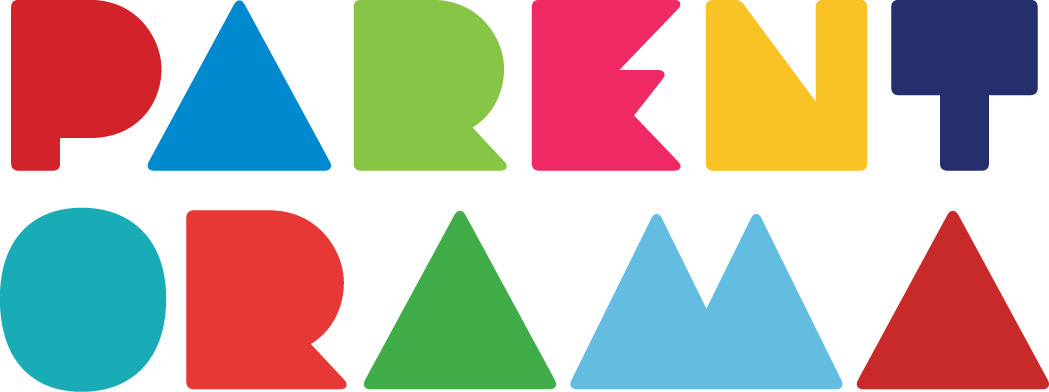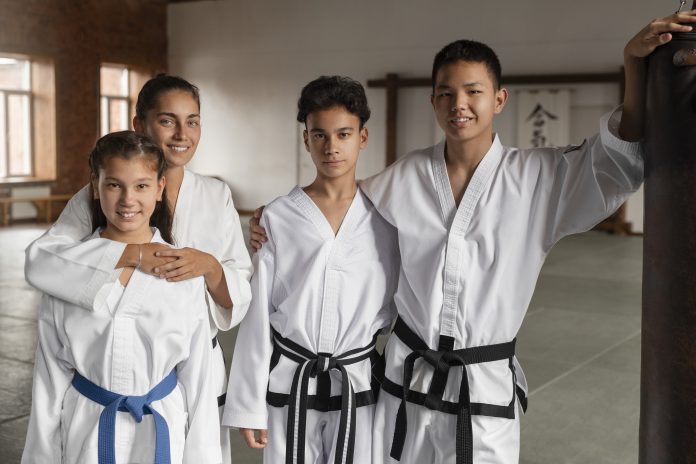Ten plus one reasons to enroll your child in martial arts
I often read articles claiming that martial arts help children develop confidence and learn self-defense. As a mental health counselor and martial arts instructor, I would like to add that these benefits don’t necessarily apply to every child who practices martial arts. They can be achieved depending on the individual circumstances and psychological makeup of each child.
A child engaged in martial arts does not necessarily learn to defend themselves against real-life physical dangers. It would, in fact, be irresponsible for adults to expect this from children, as it is the adults’ responsibility to ensure children’s physical safety. Additionally, it is risky to claim that martial arts inherently build confident people. Conversely, martial arts training could also foster traits like narcissism, a desire for dominance, and sadistic tendencies toward others. In the traditional martial arts community, many instructors were selective about whom and what they would teach, often based on whether a student’s character inclined toward virtue.
Concerns expressed by some parents that martial arts could increase aggression in children are not unfounded. It is fair for parents to voice concerns and approach this with skepticism. As I have written in an article published in the Panhellenic Martial Arts Guide, titled “The Phenomenon of School Bullying and Its Connection to Martial Arts,” developmental psychology suggests that aggression in children arises from various factors, including individual characteristics (instinctual aggression, temperament, traumatic experiences), family environment (strict or permissive upbringing, modeling behaviors, domestic violence, emotional ambivalence, and deprivation), and parental attitudes toward violence.
In conclusion, I believe martial arts can benefit many children, and I submit the main reasons for this:
SELF-REGULATION
The child gains composure and learns self-control, as well as how to manage and express anxiety, anger, and other negative emotions, channeling their energy in a healthy way.
SUFFICIENCY MOTIVATION
It is an innate need for both children and adults to interact with their physical and social environment. It is an internal drive to experiment, to see if they can succeed, to refine their skills, test their abilities, and ultimately enjoy the satisfaction they gain from the experience. Practicing martial arts can help a child test, learn, and achieve, gaining a sense of psychological fulfillment from the process.
RESPECT AND ACCEPTANCE OF DIVERSITY
Through the culture of martial arts, a child is introduced to a philosophy different from their own. In this way, they learn to accept and respect diversity and become familiar with it.
BALANCED EXERCISE OF THE MUSCULOSKELETAL SYSTEM
Martial arts provide balanced exercise for the musculoskeletal system without excessive strain, which is crucial for the healthy physical development of a child.
VICTORY WITHOUT FIGHTING
The best feeling is walking away from a fight knowing what you could have done but didn’t need to, or winning a battle without even fighting! This is the essence of martial arts: to train in order to resolve conflicts peacefully. Through this perspective, a child learns to step back when necessary, to avoid pointless clashes, and to choose the battles that are worth or necessary to fight.
TRANSFORMATION
Practicing martial arts helps a child to transform and creatively redirect sadness or pain from an unpleasant moment or life event. It offers them the opportunity to process grief through a constructive activity, which aids in a quicker recovery.
SOCIALIZATION
Participation in seminars with members from other countries or cities exposes the child to peers from different cultures, broadening their horizons and expanding their social connections.
FOREVER
Most sports have an age limit, and after a few years, it can be quite difficult for someone to improve or continue participating. In contrast, martial arts often allow for improvement as one grows older and gains experience over the years. It is an activity that can accompany children for a lifetime if they wish.
PERFORMANCE DOES NOT MATTER
Engaging in martial arts does not necessarily mean competing at a championship level. If a child does not desire that, they can enjoy and improve at their own pace, without any external pressure for performance.
PHYSICAL STRENGTH DOES NOT MATTER
Martial arts are an excellent activity for every body type and for both genders, as performance and learning are not influenced by physical height, strength, or gender.
Sophia Xygalá



